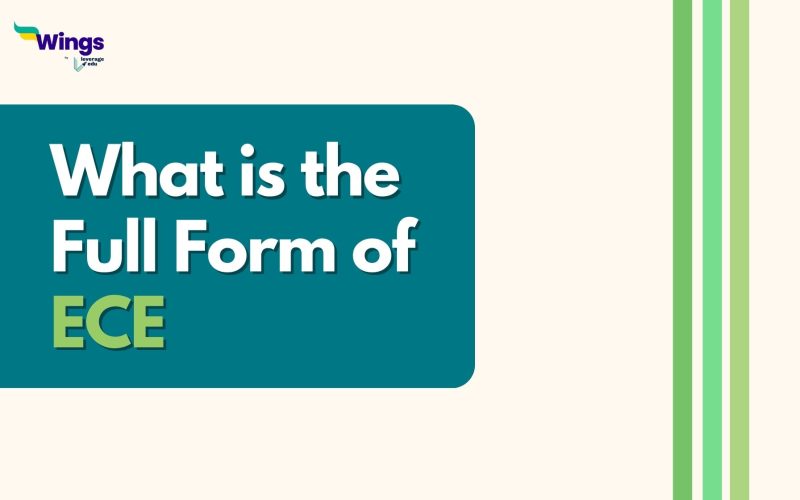The full form of ECE is Electronics and Communications Engineering. ECE is a discipline of engineering that deals with the development, design, study, and testing of electronic equipment as well as technological concerns pertaining to computer systems, electronics, and other related industrial fields as well as telecommunications systems. Many institutions and universities in India offer ECE at the UG and PG levels, referring to the B.Tech and M.Tech degrees, respectively.
All of the electronic devices in use today were created by ECE engineers. ECE often entails tasks like developing advanced networking services like video conferencing that link people globally; and designing, building, and maintaining satellites to provide telephone, television, and internet connectivity to remote and rural locations.
Also Read: Electronics and Communication Engineering
Eligibility Criteria for ECE
- Candidates must pass the 12th-grade science exams in physics, math, and chemistry in order to be admitted to the ECE engineering programme.
- IIT aspirants must successfully complete the JEE (Joint Entrance Examinations).
- Lastly, candidates for the PG level must have successfully completed the UG course in the same field of study with a minimum grade.
Admission Process for ECE
Eligible students seeking admission to BTech ECE must complete an admission test, group discussion, and individual interview.
- During November and December, exam questions are available.
- A combination of 10 + 2 proficiency tests and Advanced JEE marks is evaluated for admission to this degree.
- Moreover, after students have completed an admission test, a group discussion, and an individual interview, the selection process begins.
- Applicants with a degree in Electronics and Communications can also benefit from the BTech ECE program through parallel admission.
Also Read: Telecommunication Engineering
The Focus of ECE Courses
ECE courses primarily focus on the following fields:
- Satellite communication
- Solid-state devices
- Analogue transmission
- Digital and analogue communication
- Basic electronics
- Analog integrated circuits
- Microprocessors and microcontrollers
- Antennae and wave progression
- Microwave engineering, etc.
Best ECE Colleges in India
- Indian Institute of Technology, Madras, Chennai
- Indian Institute of Technology, Roorkee
- Indian Institute of Technology, Guwahati
- Delhi Technological University, New Delhi
- National Institute of Technology, Warangal
- Vellore Institute of Technology, Vellore
- National Institute of Technology, Rourkela
- Motilal Nehru National Institute of Technology, Allahabad
- Osmania University, Hyderabad
- PES University, Bangalore.
Also Read: Popular Engineering Courses Abroad
Jobs After ECE
The variety of job options in ECE has recently expanded dramatically. In addition, let’s take a look at some of the jobs that students can get after finishing their ECE coursework:
- Design Engineer
- Process Engineer
- Signalling Engineer
- Embedded Engineering
- Software Analyst
- Customer Support Engineer Electronics Scientist
- Technical Director
- Electronic and Communication Consultant
- Field test engineer
This was all about ECE full form. Visit the General Knowledge page to discover more intriguing articles about full forms. Get in touch with the experts at Leverage Edu in order to kickstart your study abroad journey.
 One app for all your study abroad needs
One app for all your study abroad needs














 45,000+ students realised their study abroad dream with us. Take the first step today.
45,000+ students realised their study abroad dream with us. Take the first step today.

